January 20, 2025
Is It Important for Students to Learn a Programming Language?
As some of you may know, in the near future, there will be professions that we can’t even imagine today. Our commitment to preparing students for what we believe will be essential for their professional future is one of our top educational priorities. Therefore, it is crucial to provide them with the tools and knowledge they need to face these changes with determination, confidence, and security.
We are surrounded by technology, which has become a factor that influences our human relationships and behaviour. This technological revolution drives us to encourage children to start programming from an early age. Society is constantly changing, and our students must be equipped to handle this technological transformation.
In this sense, we could say that programming has become one of the most important tools of the present and will continue to be even more so in the future. Web development, app development, video games, and robotics are just some of the fields where there is an increasing demand for skilled professionals.
Our students have begun to develop these new skills whilst learning by doing, working collaboratively, exchanging ideas, and engaging in teamwork. We want them to take the lead in the projects they are developing, which, in turn, transforms the teacher into a guide who provides them with enough freedom to seek solutions to the problems they encounter along the way. This teaches them to manage potential conflicts and errors in a more realistic way, while also tackling new challenges independently.
At BSV, we have supported significant educational initiatives and projects focused on teaching programming languages to students at different academic levels. Here are some of them:
First Lego League
This international challenge aims to spark young people’s interest in science and technology. It is one of the largest robotics competitions for schoolchildren worldwide, where they must design, build, test, and program robots using Mindstorms® technology.
The First Lego League allows students to apply concepts from science and mathematics, develop critical thinking, work as a team, and improve their communication and public presentation skills. Above all, it is a space where they can enjoy and share knowledge with other participants.
Hour of Code
This global movement, which reaches millions of students, including ours, allows anyone to organize an Hour of Code event using tutorials available in over 30 languages. These tutorials guide students through various exercises.
Such initiatives are highly positive because beginner programmers see and understand that anyone can learn to code in a simple and fun way through games and other activities.
Micro:bit
We recently showcased the work our students do with the small programmable computer called Micro:bit. This tool allows them to generate code to create interactive games that they can later play with their classmates.
Using the JavaScript block editor, they can program without prior experience in design or coding. This helps students gain confidence in themselves as they see they are capable of creating code from scratch, motivating them to continue learning and exploring.
Raspberry Pi
Programming on Raspberry Pi boards has also become one of the most influential educational technologies due to its applications not only in robotics and computing but also in areas with significant technical and scientific components.
This technology enables students to learn and understand the functioning of computer hardware and software through hands-on experimentation, allowing them to bring small robots to life.
At BSV, we strive to apply this technology to real-world situations that students can easily relate to. For example, we challenged them to program Raspberry Pi boards to function like an Apple TV, replicating the screen of a conventional tablet using the projection systems commonly found in classrooms. Seeing the functionality of what they have designed is highly rewarding for students, as they feel their product has a tangible, practical use, encouraging them to keep creating and refining their skills.
All these educational initiatives, rooted in the world of programming, are excellent tools for promoting computational thinking and fostering various skills in students, such as problem-solving, logic, and creativity. It is a practical and highly intuitive form of learning that engages students from the very beginning.


